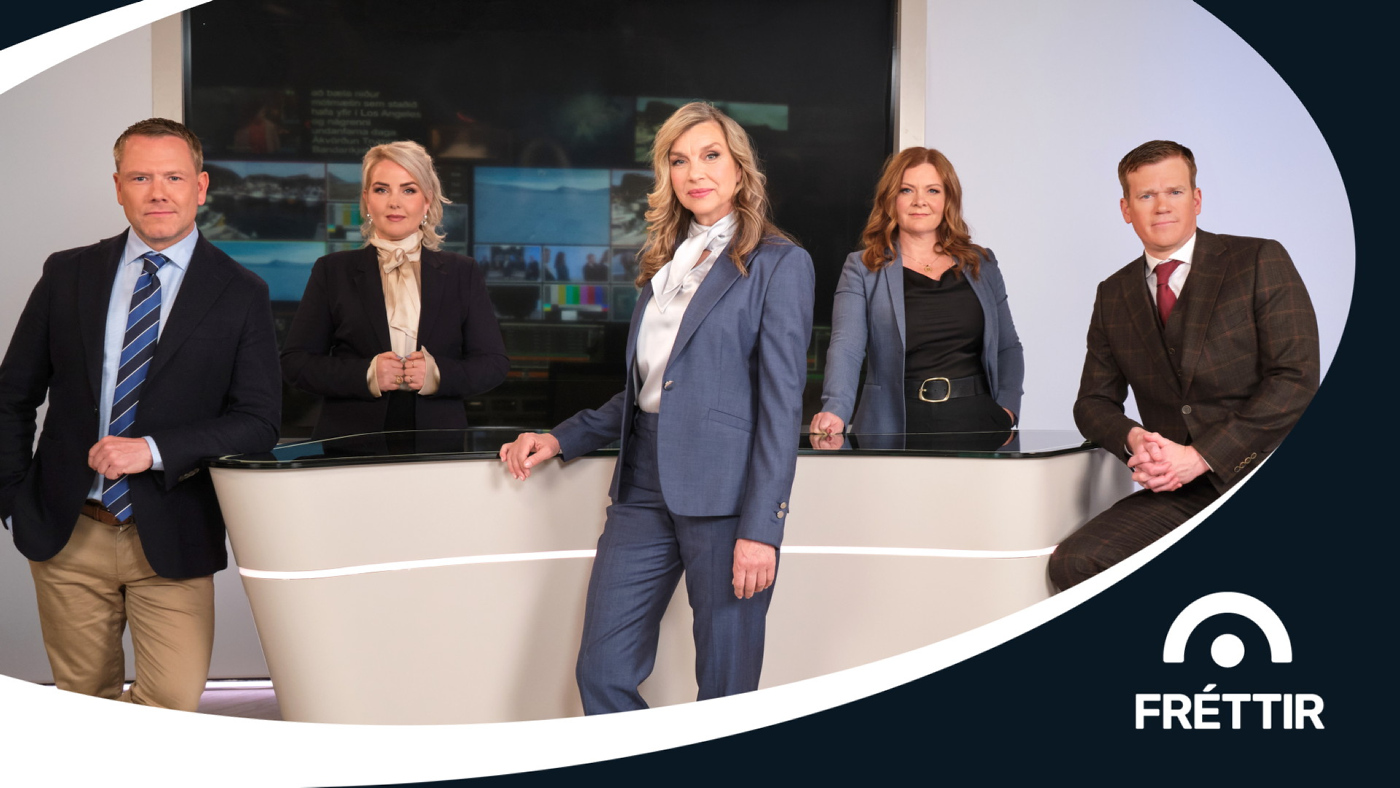
Í beinni
Innlent
Erlent
Veður
Hádegisfréttir
Kvöldfréttir
Stjórnmál
Lögreglumál
Dómsmál
Andlát
Pallborðið
Kompás
Innlent
Erlent
Atvinnulíf
Neytendur
Kauphöllin
Seðlabankinn
Vistaskipti
Veitingastaðir
Samstarf
Fréttir af flugi
Fasteignamarkaður
Ferðaþjónusta
Staðan í deildum
Enski boltinn
Eurobasket 2025
Fótbolti
Besta karla
Besta kvenna
Körfubolti
Handbolti
Bónus karla
Bónus kvenna
Olís karla
Olís kvenna
NFL
Íslenski boltinn
Meistaradeildin
Golf




